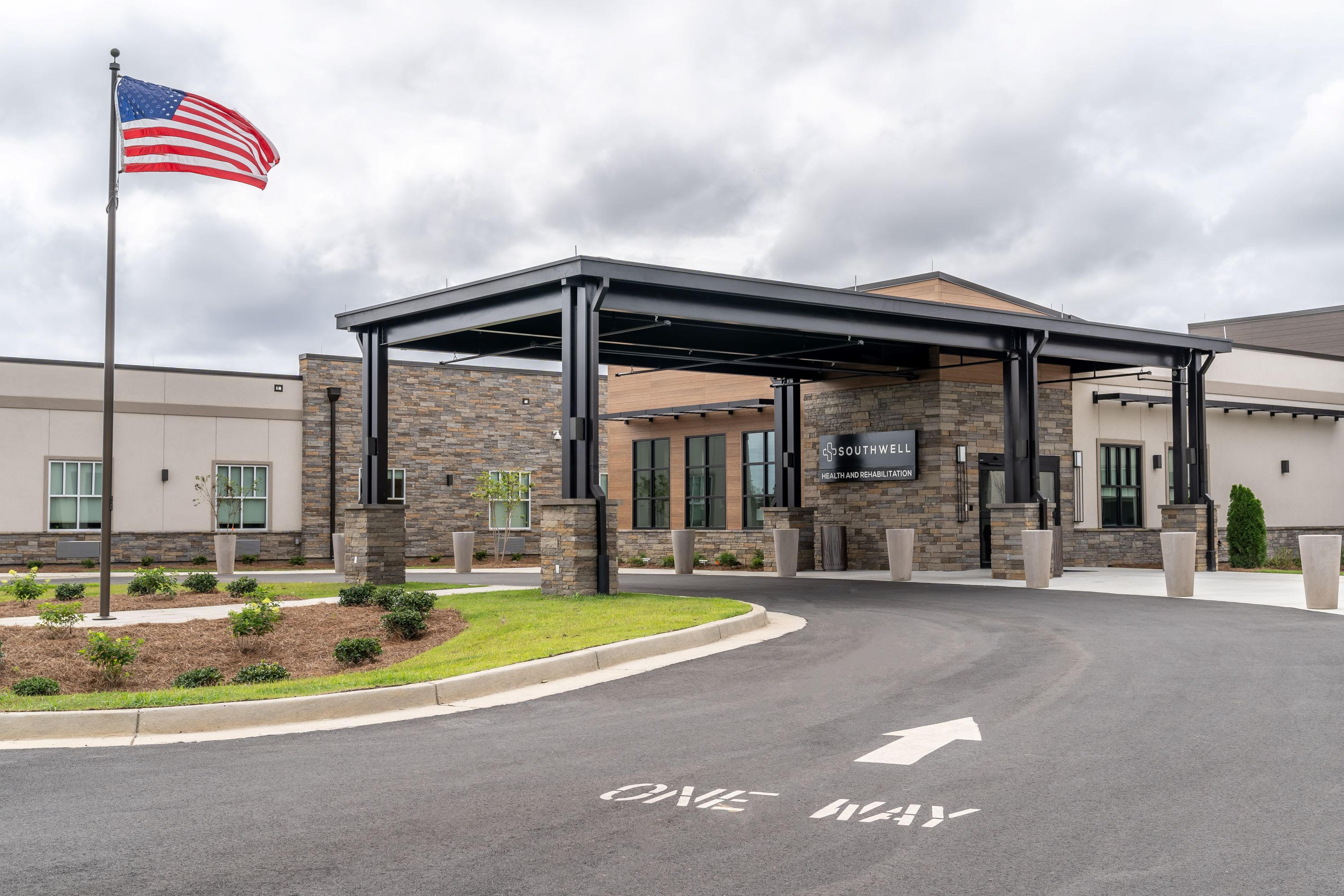EDITORIAL: A few words about service delivery
Published 8:30 am Thursday, February 7, 2019
Honesty.
That’s our impression of what County Commissioner Scottie Orenstein said this week.
Orenstein said he is disgusted with himself and everyone involved in the failure of county and city governments to forge a state-mandated service delivery agreement.
Common sense.
That is our assessment of what City Councilman Sonny Vickers had to say about it.
Vickers said, “We all in the same boat. If it sinks, we all sink. This is foolish. We need to get together and solve this.”
Hopeful.
That’s how we feel about Commissioner Clay Griner’s attempts to get all the principal players in the same room and on the same page with the intention of finding common ground and core values to create a framework for cooperation.
Disappointed.
There is no better word to describe the rhetoric, raised voices and accusatory tones that surfaced during the two-hour meeting.
Streamline.
The best and most effective strategy for putting the Service Delivery Strategy debacle behind us is to streamline the talks and the document, and stop trying to draft an agreement that will be the do-all, end-all agreement for county and city cooperation. Pass the most basic and broadly worded document possible that only includes the necessary pieces required by the state.
Ratify.
Every 10 years every county and city in the state of Georgia must craft, draft and ratify a basic Service Delivery Strategy agreement designed to eliminate, or a least mitigate, double taxation and the duplication of services. And every 10 years almost every county and the cities located in it ratify the agreements with little fanfare.
Exceptions.
Lowndes County and the City of Valdosta are the exceptions and this is one case where being exceptional is not a good thing.
Limited.
Most counties and cities are able to accomplish the SDS mandate by approving broadly worded agreements, limiting it to the items required by legislation and not turning the delivery of services into a turf war.
Toxic.
The Georgia Service Delivery Act was intended to get local governments to work together, instead here it creates a toxic, adversarial tug-of-war. Without a Service Delivery Strategy verified by DCA, local governments may not be eligible to receive state permits or financial assistance, according to the Georgia Department of Community Affairs.
Broad.
The most important observations we can make about the Service Delivery Act is that the law is not specific regarding what constitutes a government service and not specific about how detailed agreements need to be. In other words, the law is broad and can be broadly interpreted. There are a few things the agreement must include:
– elimination of unnecessary duplication
– elimination of arbitrary water and sewer rate differentials
– elimination of double taxation
– compatible land use plans
– water and sewer extension: consistency with land use plans
– resolution of annexation disputes over land use
Framework.
Local officials should simply not go beyond what is required. Look at this as a skeletal framework and nothing more. Be vague and leave room for interpretation during the years of the agreement.
Beyond these few words we are sharing with you today, our message to each city council and the county commission is to realize this is a 10-year plan and during that 10 years there will be plenty of things to work out as they come up but that is when legislators have to legislate and have the freedom to make decisions based on the current dynamics and specific situations that arise.
You don’t want to be hamstrung by an eight- or nine-year-old agreement.
So, if it is not absolutely required by the state’s SDS mandate, don’t include it. If it is required, word it as broadly as possible.
Narrow the talks, stick with the essentials and get this done.
We have one more word for you.
ASAP.





